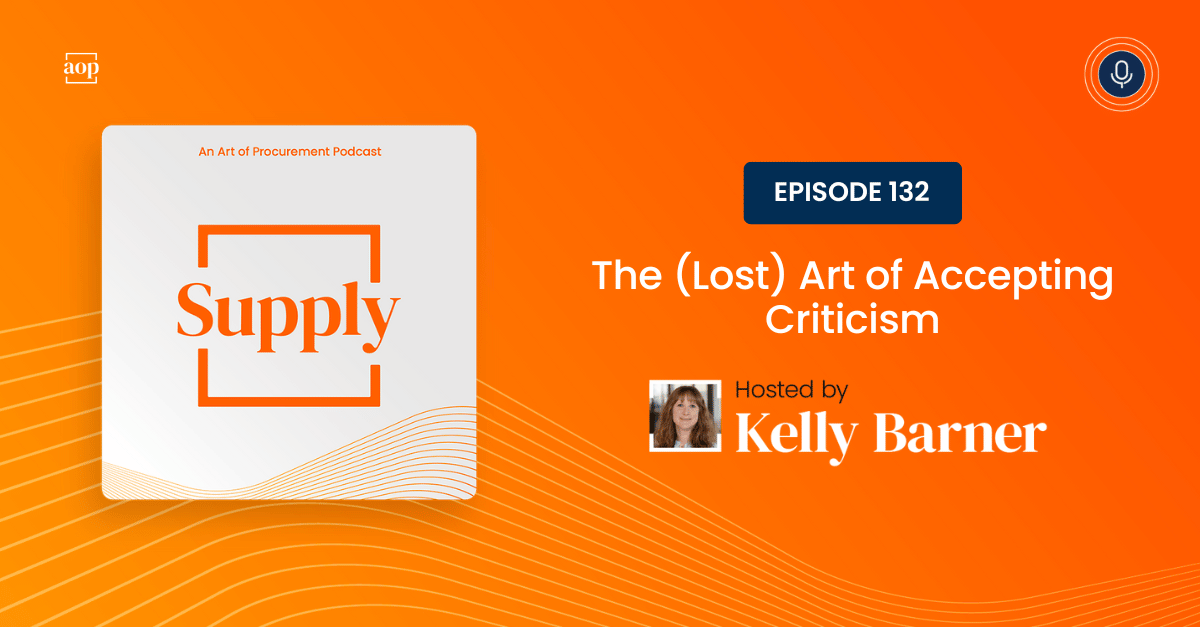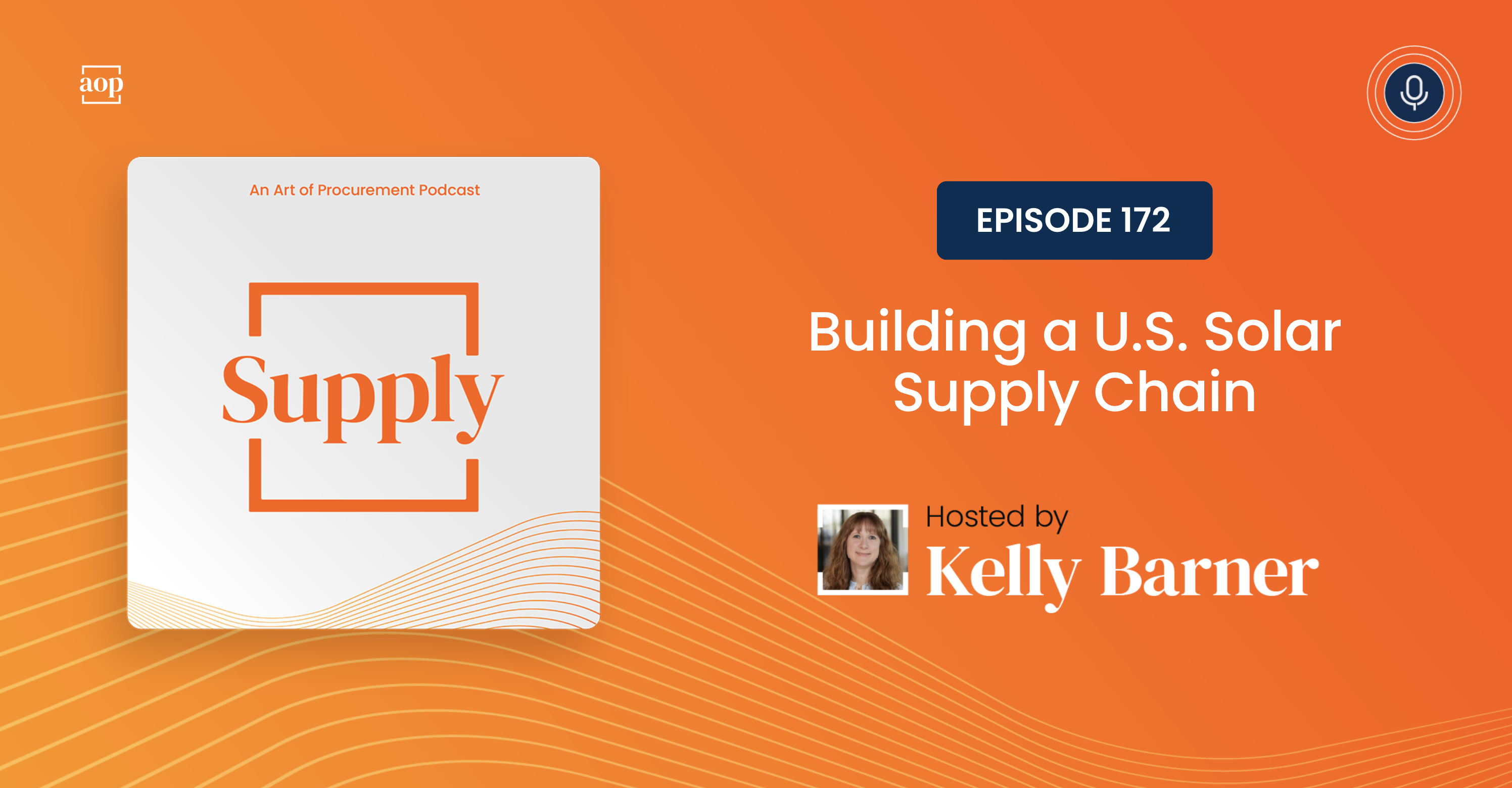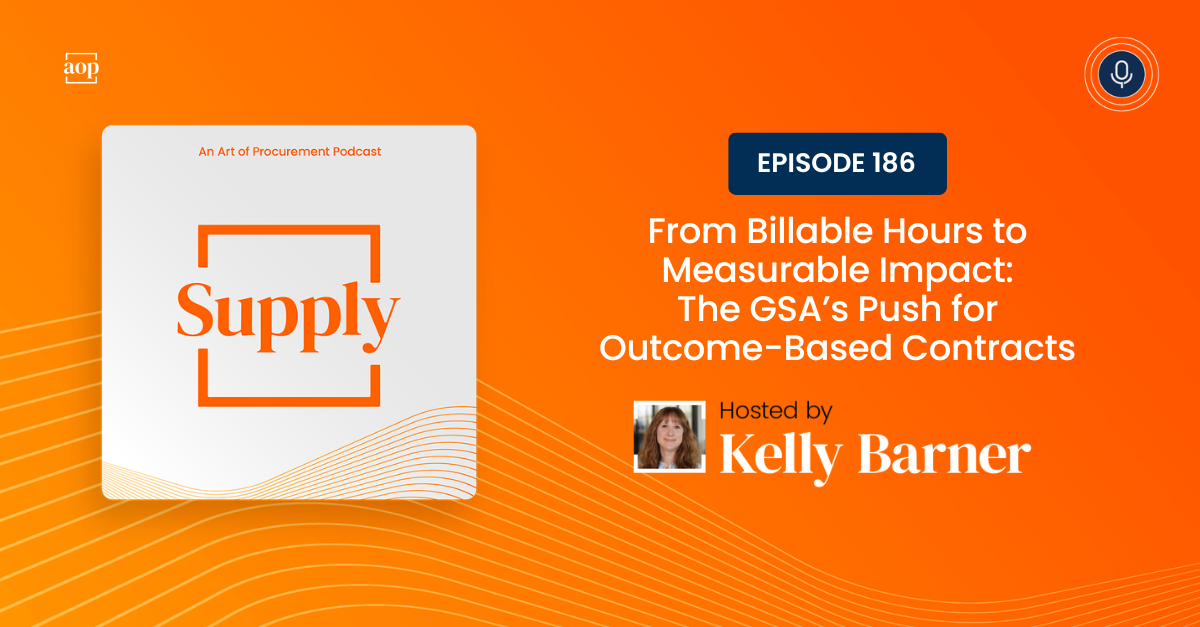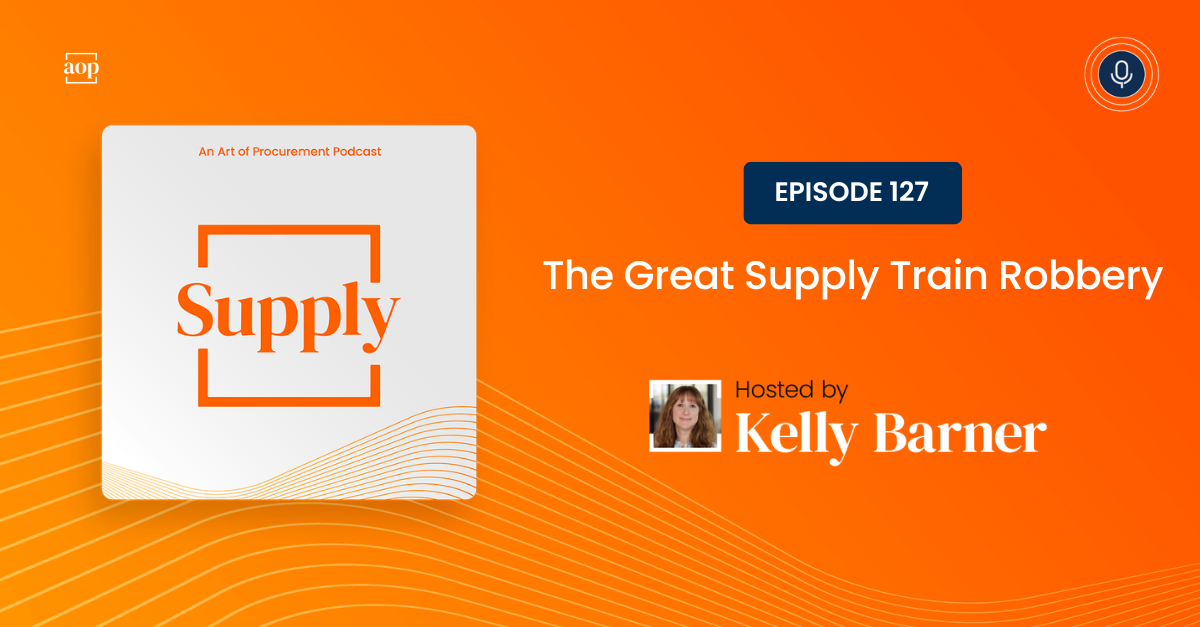
I’ve had a number of conversations recently about my content, not the content itself, but the process I go through to create it and how it is received once I share it.
Answering those questions made me realize how important it is to be transparent about it, so in this week’s episode of Art of Supply, I’ll address the importance of criticism and how I incorporate that feedback, or my desire to avoid it, into the planning process for every show.
What’s off limits?
In some ways I court criticism, and in others I try to avoid it – but never by shying away from tough topics.
For example:
- Allegations of child labor at JBS meat packing plants thanks to their (now former) supplier, Packers Sanitation Services
- Roadblocks slowing the transition to EVs and the reduction of supply chain emissions
- The differences in freedom of speech protections from a private sector employer (like Google) and protections against government censorship
- Pretty much anything having to do with China…
People reach out to me all the time and tell me (in private of course) that they can’t believe I even go near some of these topics, let alone covering them in depth. Honestly, sometimes I do make myself nervous. I’ve told my team that if they ever think I’m going too far, they should speak up, and I’ve asked them for guidance on whether or how to cover certain topics.
At the end of the day, I’m a business owner. I would never do anything to hurt my team, like taking undue risk or being careless with opinion. That’s not the business I’m in… causing trouble for the sake of getting attention.
Freedom of speech is great to exercise in concept, but freedom doesn’t mean free. There is still a price to be paid. Maybe that’s why it is helpful to have a background in procurement; I can always figure out the right price, and recognize when the cost is too high and the right thing to do is walk away.
Welcome v. Unwanted Criticism
Most criticism is good. I genuinely mean that. If you don’t like how I’ve covered a topic, or that I covered it at all, tell me. If you think I’m missing a key perspective, tell me. In fact, I’d rather be corrected on the record, politely of course, but in the open. That way we can address the feedback as a community.
I’m not worried about disagreement, I’m more concerned about telling each story fully and fairly, at least in the time my format allows. Then there is the criticism that keeps me up at night, and pushes me to investigate every detail and document every fact.
I’d be sick if I were accused of putting forward biased or one-sided coverage, circulating inaccuracies, or sharing someone else’s opinions as my own. It takes me over 8 hours to produce each 20-minute podcast episode and the two long form articles that go with it. I put in the time required to present a well-rounded, fair, and accurate story.
Most of that time is spent reading. I read dozens of articles about and related to each subject, and I ask myself questions as I go. I try to anticipate the questions you might ask yourself while listening or reading.
I track which source each piece of data came from, so I can backtrack and validate it if need be, and I preserve those sources in my content. I link directly in the copy, and say “quote” when I’m quoting someone in the podcast.
I deliberately seek out sources that I know will represent opposing sides of an issue, and I make clear where my expertise and understanding ends. I’m not a lawyer or an expert in oil and gas and I’ve never worked in the pharmaceutical industry. That isn’t the point. The point is to bring my perspective to the story and hopefully have the opportunity to discuss it with others.
The Gift of Your Feedback
I host Art of Supply because I love it. I love the stories and I love the challenge of learning enough about each one to put together an episode.
But if I do the show for me, I aim to perfect it for you. I respect your time, and your interest, but most of all, I respect any feedback you have for me. Sure, I’m thrilled to know that people enjoy the show, but I am just as excited about critical feedback.
If you have a problem with a topic, or how I’ve covered it, I invite you to tell me. My preference is to be told in public, but if you don’t feel like you can, reach out directly. You’ll get the same response from me either way.
As we often say at Art of Procurement: Thank you for the gift of your feedback. And we mean it – even if your gift contains criticism.




